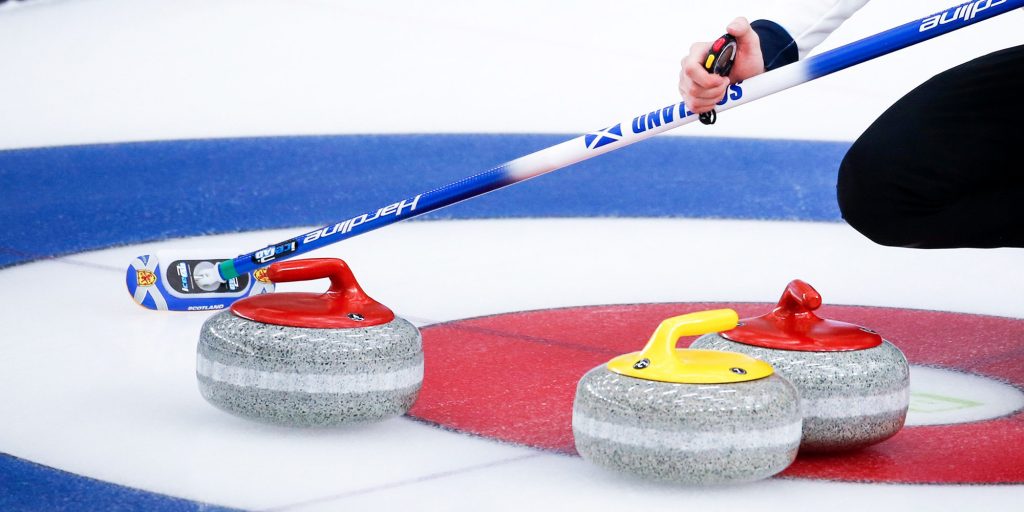Curling is the most ancient of sports. It is almost four centuries old! And that’s just by the most conservative measure, as the sport’s analogues can be found in other countries, with slightly modified rules and equipment.
Historically, the pastime has a lot of related games with the same basis – throwing stones or balls, but it didn’t become an independent sport and remained at the level of folk amusement (except perhaps bowling and golf can make it an exception – the nearest “relatives”, “cousins” of curling).
Curling, as it is known and loved by many sports fans and players, had its origins in Scotland. Even in the sixteenth century there was this fascinating game.
Its rules have hardly changed – the aim of the game was to place your stones on a special ‘house’ – a flat target at the other end of the field of play – rather than your opponent’s stones. Of course, as time went on and technology improved the projectile pattern changed.
But the rules have not changed much, and, in general, over the centuries, they added only a meticulous precision of calculation, and the game itself has become more gentle – a gentleman, clearly undergone the influence of English tradition.

Curling is a sport for real ladies and gentlemen
“Curling is a gentleman’s sport” is a refrain the curling players and umpires like to repeat. The attitude towards your opponents in curling is not just cold courtesy, but genuine affection, as it’s believed that in this sport it’s not about winning, but about the game and emotions. It’s not about winning, it’s about the process, but the emotions that the players go through during the competition.
Moreover, unlike in many other disciplines, it is believed that the evaluation of results is as objective as possible, because a special ruler determines the closeness of a stone to the centre of the target – to within millimeters!
But even when a dispute arises, the referee first of all lets the teams agree among themselves, and his word in a dispute between two stones is not decisive, as in other competitive sports. Ultimately, it is the accuracy of the shots, the skill of the tacticians and the participants’ own dexterity that determines victory.
Of course, after defeats it is very difficult to maintain composure. And friendly support from your opponents does not come amiss here. In fact, curling is not as diverse as other sports, and this, in turn, helps maintain a friendly atmosphere during competitions. Just like in the good old days.
Curling is also attractive because of its strict rules and fairly friendly atmosphere – it’s the equivalent of golf or poker – an intelligent sport. And its ineffable aesthetics resemble figure skating, excitement – like bowling, thoughtfulness and intensity of passion – like a real chess game.
All this combines to make it a treasure trove for those seeking an experience as vivid as it is refined. Like rock and ice.
